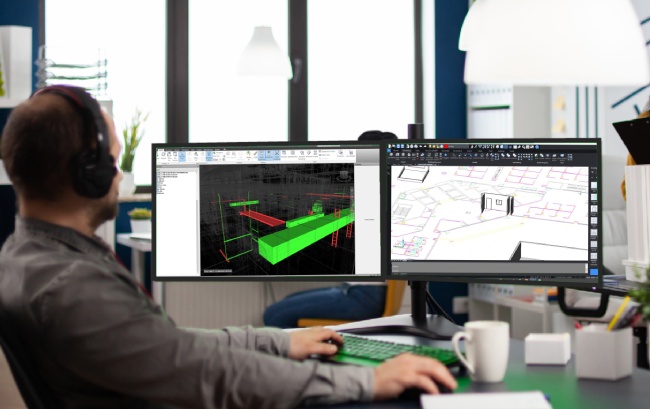We are the pioneers in BIM Training across the globe
- 8000+
Happy Learners
- 50+
Countries
- 200+
Recruiters
This is how we started!
Each subject and its contents at our BIM Training Institute have been designed keeping in view certain objectives related to that particular subject with the help of the panelists shown here. The course selection panel of TSA includes eminent professors from Purdue University, Virginia Tech University, University of Buffalo, and Qatar State Bureau.
-

Dr. Samuel Labi
Purdue University
-

Dr. Hubo Cai
Purdue University
-

Dr. Sayanti Mukherjee
University Of Buffalo
-

Dr. Amr Kandil
Qatar State Bureau
Certification Programs
Live International Projects
The Best BIM Institute in India where you can work on live international projects.
Work on TechnoStruct's award-winning USA projects - our project-based learning offers students exposure to the projects from day 1 of the program. Our students work on real-time projects and not on any dummy capstone projects.


Continued Career Development
Our teaching doesn't stop with you after landing your first job; we continue to provide career guidance and one-on-one mentorship throughout your career even after you are done with our BIM Courses in India.
Global Alumni Committee
Join the biggest and fastest-growing BIM learning community.
A platform designed for BIM professionals to connect and interact with people from over 20 different AEC sectors.


Become Job-Ready
Since its inception, we have offered training that links academic knowledge with professional requirements. Wherever you are on your journey, whatever your role, we have a course to help you be more efficient at what you do. Our BIM Course with Placement ensures you can kickstart your career quickly.
Developed in conjunction with the leading industry, in-house consultants, and the latest market trends; our BIM training courses offer the most relevant and up-to-date tools to perform in today’s Design & Construction space. The cost-efficient BIM Course Fees help students to learn better and start their careers quickly.
Placement Cell & Global Alumni Committee
TSA offers lifetime membership to the Placement Cell and Alumni Committee to all its students.
Our Placement Cell guarantees
- 100%
- Placement Assistance
in top MNCs across the globe.
By joining the Alumni Committee, you will gain from all the synergies that will be developed around you to propel your professional growth and have the world at your fingertips.
Renowned projects completed by TechnoStruct LLC, California
While doing internships, students get an exclusive opportunity to work on these LIVE ProjectsView All Projects
Get your future BIM-SHAPED!
Master the mandatory skill for today in the AEC sector and get your career #BIM_READY
View Our Programs







.jpg)








.jpg)
























